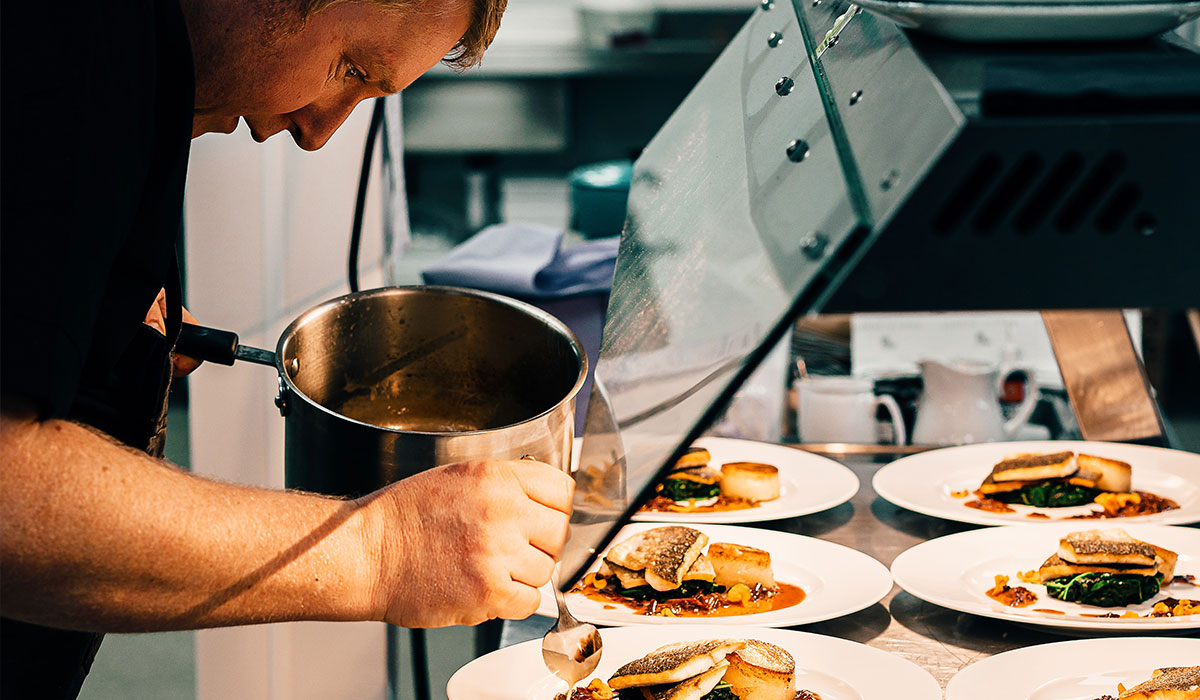As a restaurant owner, you pour your heart and soul into creating a thriving culinary experience for your customers. However, the restaurant industry comes with its fair share of risks and uncertainties.
From potential liability claims to unexpected property damage, having the right insurance coverage is crucial to safeguarding your business and its future. In this blog post, we will explore four essential things that every restaurant owner needs to know about restaurant/hospitality insurance, help you make informed decisions to protect your investment and focus on delivering exceptional dining experiences.
Hospitality Insurance: Comprehensive Coverage
Hospitality insurance is not a one-size-fits-all solution. The first thing business owners need to know is that they must seek a policy that is tailored to their specific restaurant’s needs.
Whether you operate a fine-dining establishment, a cosy cafe, or a fast-food joint, your insurance coverage should reflect the unique risks associated with your business. Key components of comprehensive coverage include property insurance, general liability insurance, and business interruption insurance.
General Liability Insurance
General liability insurance is the backbone of any restaurant insurance policy. It protects your business from potential lawsuits arising from third-party bodily injuries, property damage, or personal injury claims.
For instance, if a customer slips and falls within your premises or claims to have suffered food-related illness after dining at your restaurant, general liability insurance can cover legal expenses, medical costs, and settlements, sparing your business from severe financial repercussions.
Property Insurance: Protecting Your Restaurant’s Assets
Your restaurant’s physical assets, such as the building, equipment, furniture, and inventory, are vulnerable to various risks like fire, theft, or vandalism. Property insurance safeguards your investment by providing coverage for repairs, replacements, or rebuilding in case of damage or loss.
Be sure to choose a policy that includes business personal property coverage, so even the contents inside your restaurant are protected.
Business Interruption Insurance: Weathering Unexpected Disruptions
Unexpected events, such as natural disasters or accidents, can force your restaurant to close temporarily.
Business interruption insurance is designed to help you weather such disruptions by providing coverage for lost income during the closure. This critical coverage can be a lifeline for your business, allowing you to pay bills, employee salaries, and other ongoing expenses until you can resume operations.
Get in touch with one of our experts
Hospitality insurance is not an area where business owners should take chances. Knowing these four essential things about restaurant insurance can help you make informed decisions and ensure that your restaurant is adequately protected. The right insurance coverage tailored to your specific business can provide you with peace of mind, allowing you to focus on what truly matters – creating memorable dining experiences for your valued customers. Invest in restaurant insurance today to safeguard your business’s future and continue serving up delightful culinary delights to the community.
Related articles
Arthur J. Gallagher & Co. Closes Acquisition of AssuredPartners
AssuredPartners, a Gallagher company, is a global insurance brokerage with locations and expertise in the United States, the United Kingdom, and Ireland.
AssuredPartners announces the acquisition of City Financial Marketing Group
AssuredPartners, a leading insurance broker in the United States, UK and Ireland is excited to announce the acquisition of Dublin-based City Financial Marketing Group Limited (“CFM”). The transaction, which is subject to customary regulatory approval, is anticipated to complete in April 2025.
Salus: The Unique Charity Solution from AssuredPartners
At AssuredPartners, we’ve always believed in tailoring insurance and risk solutions to meet the specific needs of the sectors we serve. After extensive research into the intrinsic connection between risk management and insurance, we are proud to introduce Salus.








